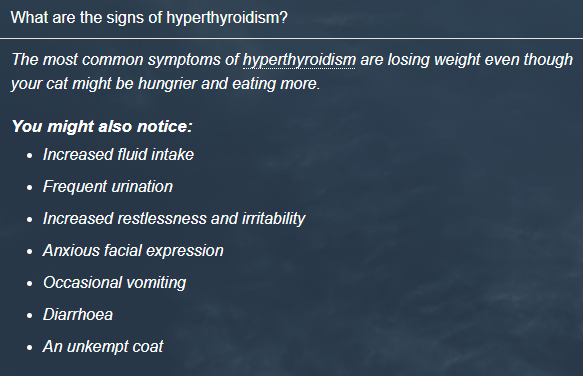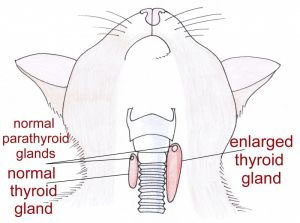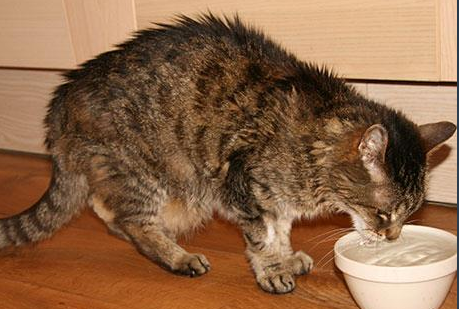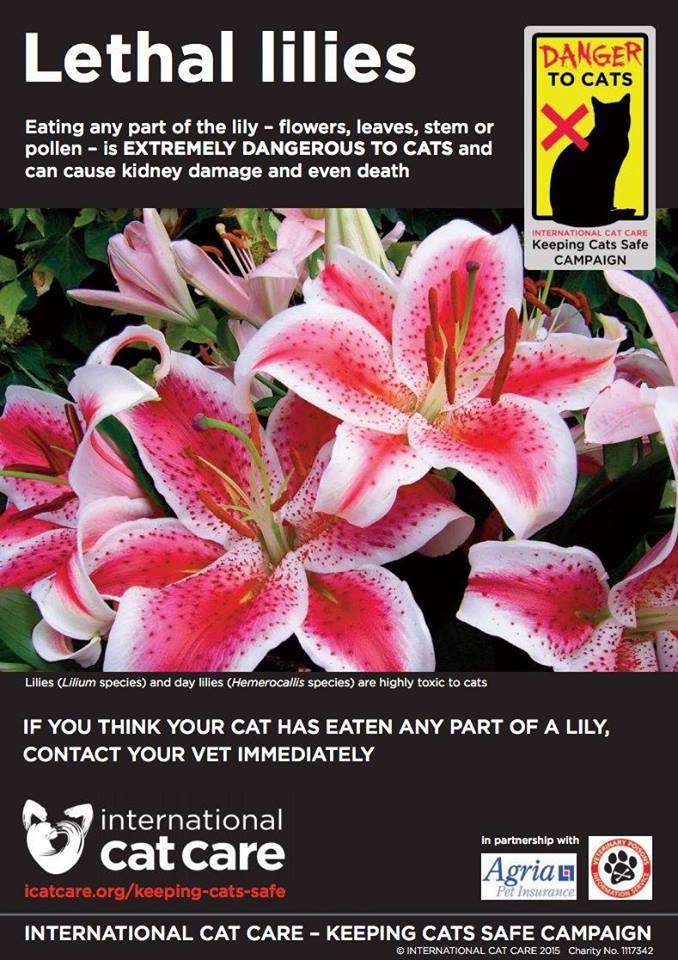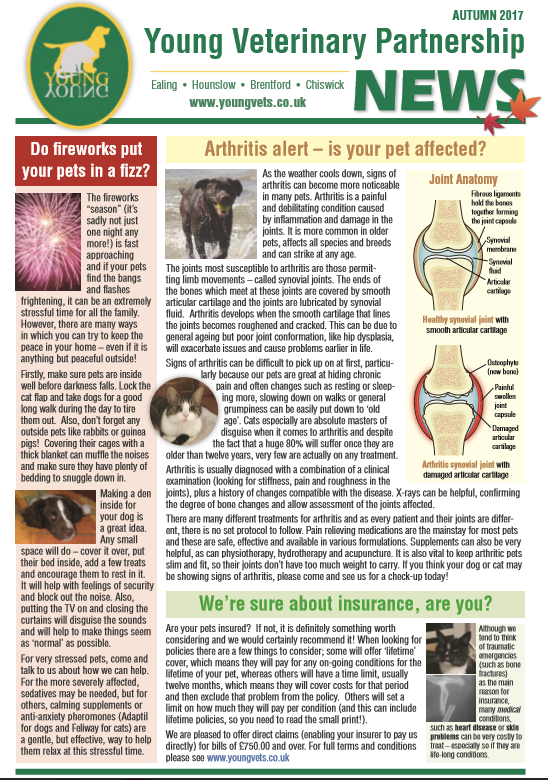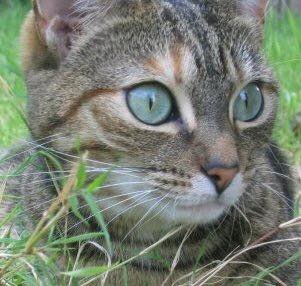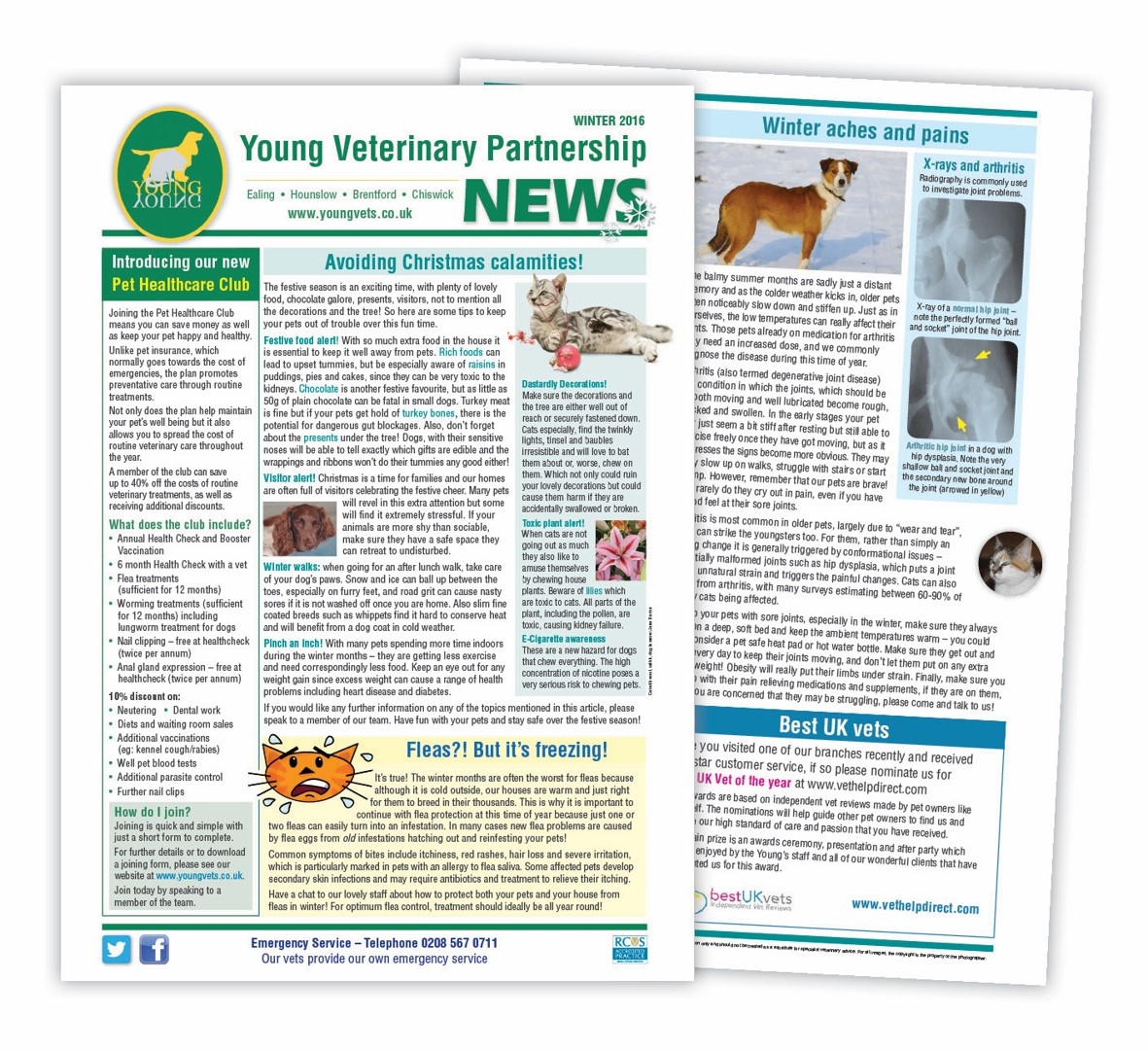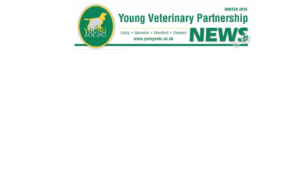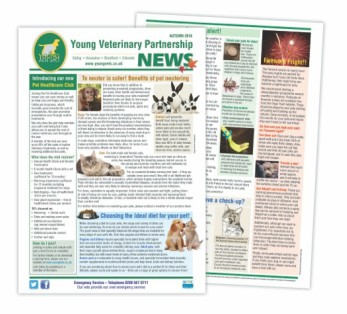What to do if your cat or dog gets lost.
Did you know it is a legal requirement for all dogs over the age of 8 weeks to be micro chipped. All of our surgeries recommend micro chipping your cats too, as it is the most reliable form of identification and your pet will not be able to lose a micro chip unlike an identity tag or collar. Should your dog disappear out of your garden or your cat missed his usual breakfast appointment, don’t panic. Our vets have put together this blog with some useful hints and tips on what to do if the worst should happen. Hopefully you and your pet will never become separated but its good to know what to do, should the worst happen.
Missing cats and kittens :
Firstly thoroughly search your home, cats are masters of hide and seek and can squeeze into the oddest spaces. If you are sure your feline is not at home, we recommend contacting all of your neighbours, knocking on doors and posting flyers through letterboxes. Curious kittens often get shut in sheds and garages by accident so ask around as your cat could be closer than you think!
Lost dogs and puppies :
Has your dog escaped out of the garden, or slipped out of its collar at your local park? Start by walking an extra lap of the park, squeak their favorite toy and shout their name in a happy cheerful tone, this will hopefully invite them out if they are hiding. Call home, if you have a family member there or a neighbour close by ask them to check around your house – dogs have been known to take themselves home!
Remember do NOT panic. Contact all local vets, animal charities and dog wardens in the area. They may ask you a few questions so try and provide as much information as you can :
A description of your pet – colour, sex, breed, age.
Their microchip number.
What area are they missing from.
Your contact information.
Pet Insurance –
Your insurance company may be able to provide you with additional help and support with the search of your pet. The small print of your policy may also require that they are notified of lost pets in -case it results in a claim.
Call your pets microchip company –
inform them of the situation and ensure that they have all of your contact information correct and up to date. You may even want to do this TODAY so should you and your pet ever be separated this should help ensure a speedy reunion if your details are up to date.
Facebook, Twitter and Instagram –
Like it or hate it – social media is a fantastic tool for helping spread the word quickly that your pet is missing. The more people helping with your search the better!
Some top tips from our vets :
If your dog or puppy has not quite mastered recall – work with a dog trainer to improve this. If you have to let your dog off leash do it in an enclosed space and attach a long line to their harness to make catching them easier.
When training your dog to come back as soon as you call them – no matter how long they take, do not punish them. Give them a big fuss and a treat when they come back – if you tell them off they will take even longer to come back next time!
Microchip your pet and ensure that your details are up to date.
If you have a new cat or you are moving house, ensure you keep them inside for at least two weeks. This gives them a chance to settle in and feel ‘at home’. When the time comes for going outside, start off letting them out before you feed them – they are less likely to stray if they are hungry and know where their food bowl is.
Take loads of pictures of your pet – should the worst happen you will have up to date pictures to use on posters and social media.
Neutering your pet – We may rave on about neutering a lot but there are SO many benefits. Male cats are less likely to fight or stray too far from home. Castrating your male dog reduces testosterone levels which means they will not feel the need to go off in search of a mate. Female dogs can be spooked by other dogs getting ‘over friendly’ with them whilst in season.





